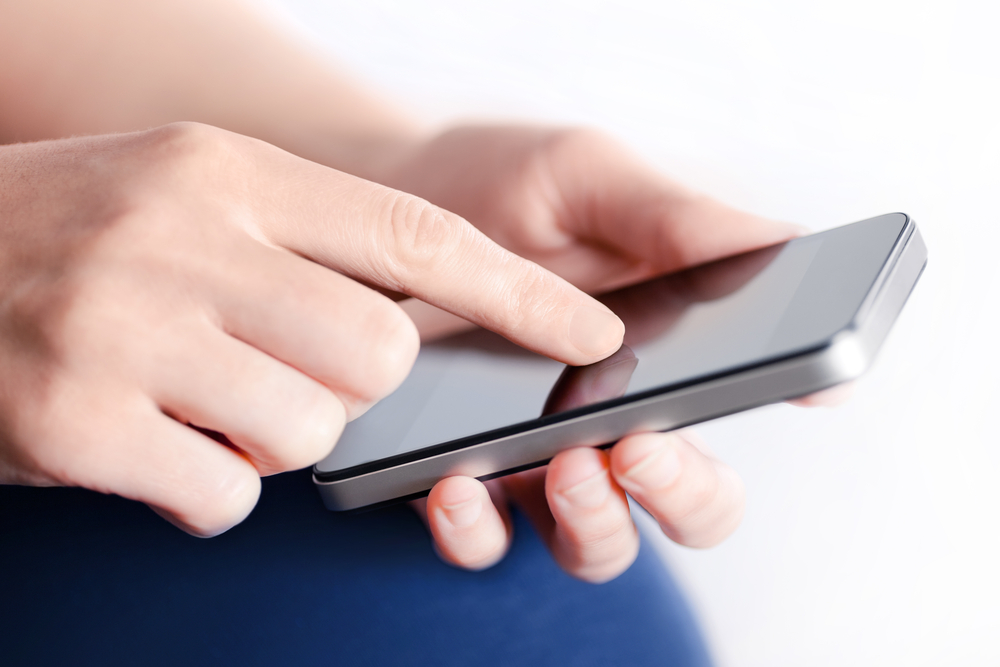Credit Cards & Loans
Concerns raised over Apple’s move into buy now, pay later market

Apple Pay Later will launch in the US this autumn but if it’s replicated in the UK, it puts British shoppers at risk of overspending.
As part of the update to the software version iOS 16, Apple Pay Later will launch in the US, allowing users to split the cost of an Apple Pay purchase into four equal payments spread over six weeks, with zero interest and no fees.
The function will be built into Apple Wallet and is “designed with users’ financial health in mind” as “Apple Pay Later makes it easy to view, track and repay Apple Pay Later payments within the Wallet”.
Apple said users can apply for Apple Pay Later when they are checking out with Apple Pay, or in Wallet. It will be available everywhere Apple Pay is accepted online or in-app (in-store), using the Mastercard network.
Now, while this has been announced for users in the States, concerns are mounting in the UK that if it’s expanded here, it could spark users to overspend amid the cost-of-living crisis.
‘Tempted to use it for more of our shopping’
Sarah Coles, senior personal finance analyst at Hargreaves Lansdown, said: “Apple’s move into buy now, pay later could fuel another boom in the market, putting more shoppers at risk of overspending. Since the start of the year, the phenomenal pace of growth of BNPL has slowed significantly, as people cut back on non-essential spending. However, if Apple chooses to expand its BNPL service into the UK, the arrival of a massive global lifestyle brand in the market could reignite our enthusiasm for borrowing.”
Coles added that people don’t tend to think of BNPL as borrowing and instead consider it a “budgeting solution”.
“The arrival of a brand that’s far less associated with financial services risks reinforcing the misapprehension that BNPL isn’t a debt product, which could mean even more people are tempted to use it without really thinking it through.
“The fact it will be available through the same network as Apple Pay in the US means that if it adopted the same approach in the UK, it would be available in an enormous number of retailers – both online and offline. BNPL companies have been gradually pushing into stores, and this would mean a step change in the process overnight. It means we may be tempted to use it for even more of our shopping”, she said.
Coles said that given the rising prices, there’s a risk more people will use BNPL to “make ends meet”.
Hargreaves Lansdown research revealed that 11% used BNPL to buy essential clothes, while 6% have used it to buy groceries. Meanwhile 9% said they used it for other essentials.
“Borrowing to pay for essentials feels like a solution in the short-term, but by spreading the cost, it means pushing up your expenses for months, making it even harder to keep on top of your finances and just adds to the problem,” she added.
The government has announced its intention to regulate BNPL products following the boom in its use.
In March, charity Citizen’s Advice revealed one in 12 people in the previous six months turned to buy now, pay later schemes to cover basic costs, such as food and toiletries.
But young people, those already in debt and those claiming Universal Credit are at least twice as likely to have used BNPL for essentials than the general population.
YourMoney.com has contacted Apple to find out if it will bring Apple Pay Later to the UK. It told us it has nothing else to add to the announcement made earlier.